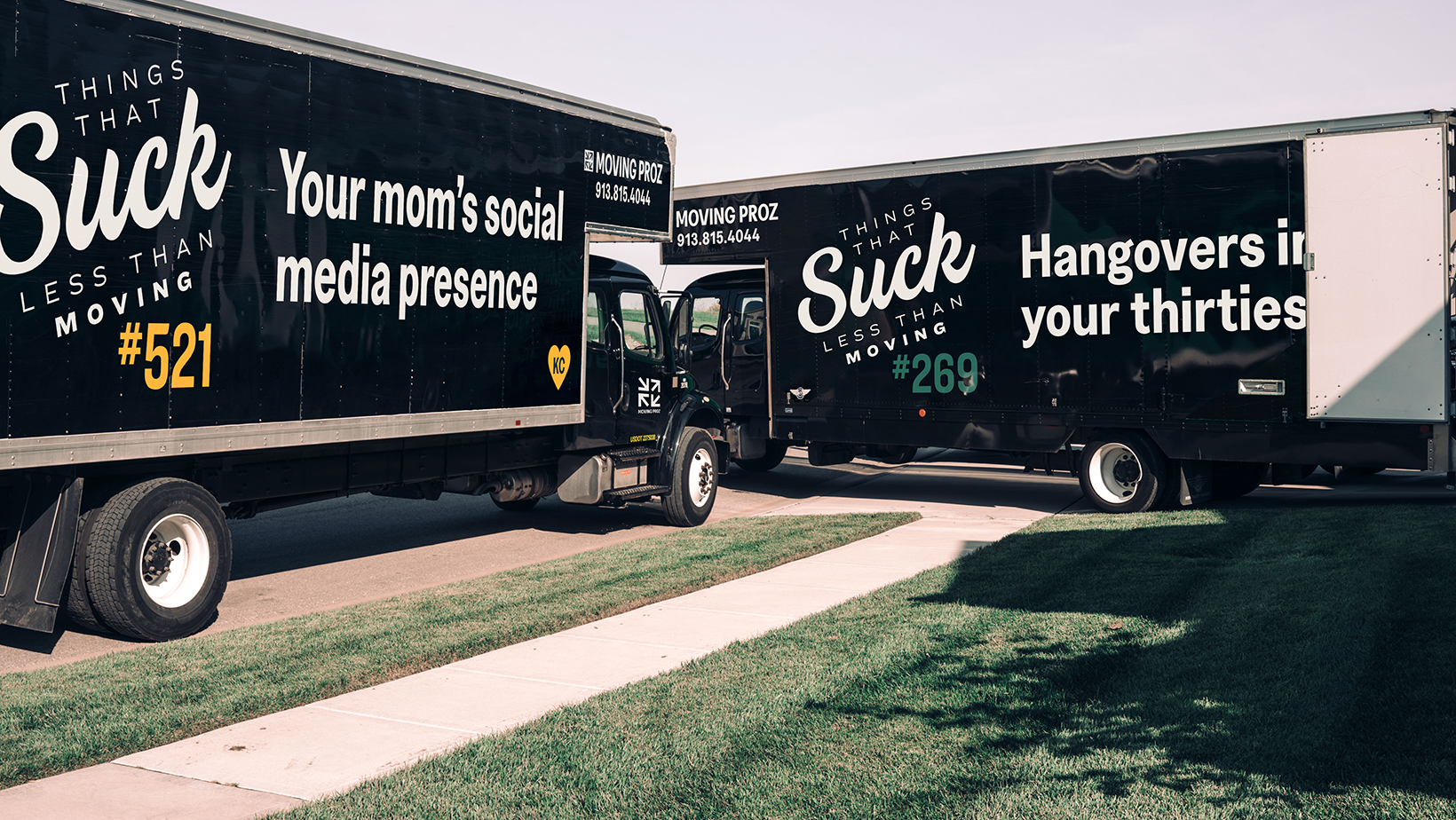Looking for tips for moving out of state for the first time? Moving Proz can help.
Moving out for the first time is not an easy prospect, to be sure. But when that move takes you out of state and clear across the country, the challenges can really pile up. The lack of house moving experience can make you feel nervous and anxious, not to mention stressed out about your upcoming relocation. Because you’ve never done this before, it can seem overwhelming and complicated.
But fear not. Here are some tips for moving out of state for the first time so you can prepare and plan for a successful long-distance move.
1. Create a Checklist
It’s important to organize your time in the most efficient manner, due to the distance involved and the fact you’ve never tackled such a move before. Some moving tasks will take a higher priority over others, so take care of those essential items first. That’s where a detailed checklist comes in.
This will list everything that you must do before, during, and after your move, as well as tell you the order in which you will complete those tasks to optimize your efficiency, says Moving Tips. Write down your checklist with pen and paper or create a spreadsheet on the computer, then check off items as you go.
2. Whittle Down What You Plan to Move
Don’t move everything you own. Remember, you’re paying for movers to move every single box, so it stands to reason that the more boxes you have, the more you will pay. For essential items, this is not a problem. But you shouldn’t spend money to move things you don’t really care about, or that you could simply purchase again once in the new home.
Keep in mind that the cost of your interstate move will be calculated based on many factors, including the weight of your overall shipment. In addition to the extra packing and moving expenses, you’re also faced with the lost time and productivity it takes to pack inconsequential items.
This is why you should declutter your home before the relocation. Trash the stuff that’s no longer usable, and donate or recycle the rest. Consider when the last time you used the item was, what condition it’s in, whether it holds value for you any longer, and if you can easily and more affordably just replace that item with a new one once you move. This will help you whittle down what you plan to move.
3. Delegate Packing
While you could save money and pack your stuff yourself, you also want to save your sanity during this first-time long-distance move. Most movers offer packing services, and we suggest you take advantage of these in the interest of time, as well as to keep your stuff safe.
Professional packers will arrive with all the proper supplies to safely and correctly pack your items in the most efficient, space-saving way possible. If you have a lot of fragile or valuable items, this is a no-brainer, as you don’t want to risk breaking something and having to replace a costly item.
They will bring packing paper, boxes, labels, packing peanuts, moving blankets, dollies and more to ensure your belongings are packed up and transported the right way.
To help things along, come up with a packing timeline where you can organize packing tasks by room, whether you decide to do some of it yourself or let the movers handle it all.
4. Take Care of the Details: Change of Address, Utilities, Paperwork
Before moving to another state, you’ll have to take care of some important stuff first, such as:
- Address: Fill out a change of address form with the United States Parcel Service (USPS). You’ll just have to fill out a few important pieces of information, including your existing and new address. If you don’t do this, you won’t have your mail forwarded to your new place in time and will risk missing important correspondence.
- Utilities: Failure to transfer or change your utilities may result in you showing up at the new place to no running water or electricity. Arrange for the transfer of your home utilities in the weeks leading up to the move. Generally, you should schedule disconnection one day after you move out of your current home, with reconnection one day before you move into your new one.
- Documents: Organize and take with you all your important documents such as birth certificates, passports, IDs, driver’s licenses, bank statements and documents, property deeds, wills and insurance policies. Don’t forget medical records for everyone in your family. Get them from your current physician, as you will need to give them to your new doctor as well as your children’s school. This includes vet records if you have a pet.
5. Hire Reputable Interstate Movers
You may be a weekend warrior who likes to do everything for themselves, but organizing a DIY long-distance move should not be one of those things. The sheer distance involved is one reason to avoid this. You also want to guarantee the safety of your stuff. And you can’t realistically ask all your friends to load up their cars with your boxes and help you schlep them cross country!
When moving out for the first time and going to a new home that is multiple state lines away, the best option is to hire a top-rated interstate mover that has a good reputation in the area. This is likely your first time working with a moving company, but no worries. Just do your research and gather three quotes from three different companies. Compare rates, experience, reputation, reviews and policies. Then, choose the best one for your needs, preferably someone with vast experience in long-distance moves specifically. Remember, not all movers offer this service!
Contact Moving Proz
Contemplating a move out of state? Is this your first crack at such a move? Let us help make the transition easier. Contact us for a free quote today.

